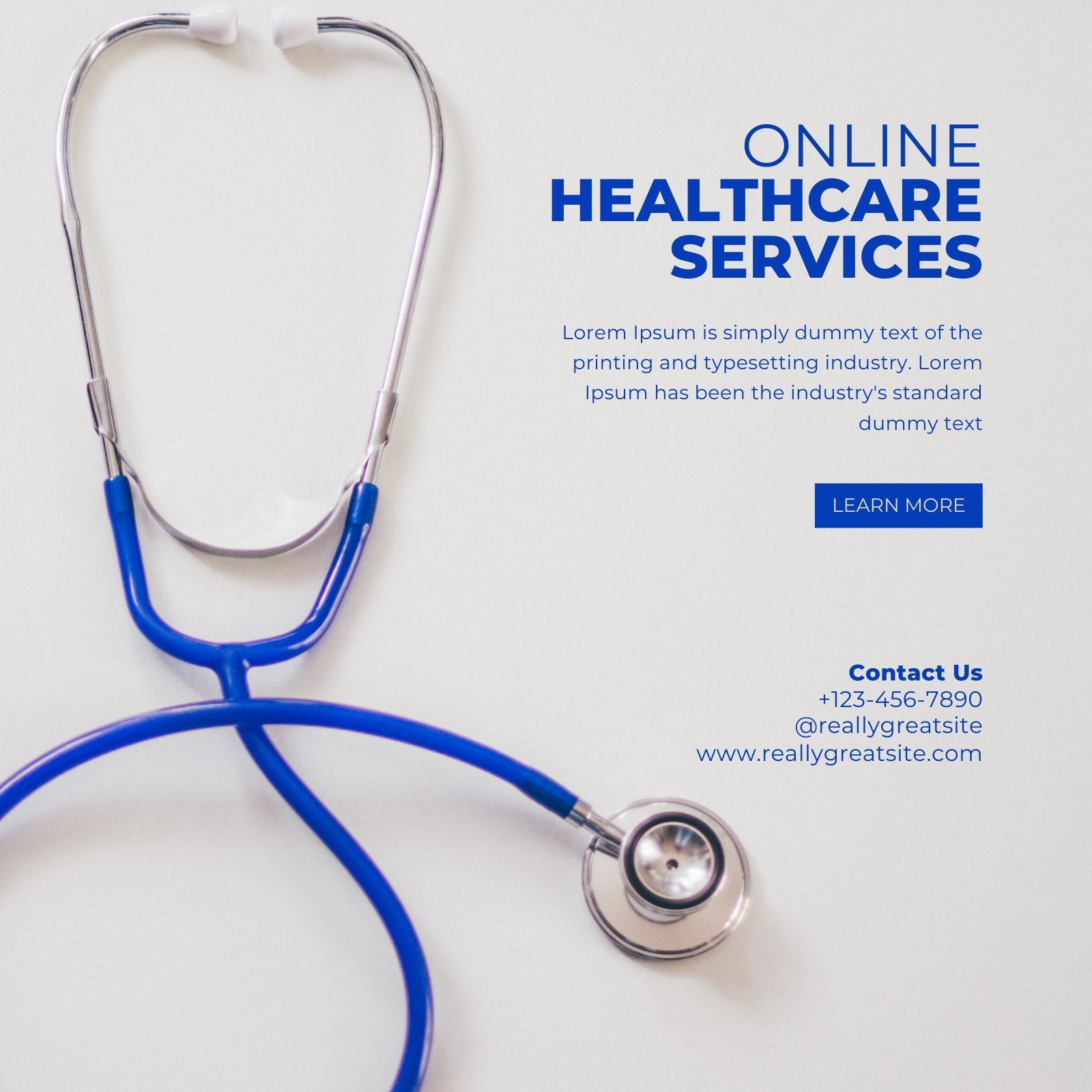Navigating the Future of Medicine With Subscription-Based Medical Care Provider
As the health care sector evolves, subscription-based services become a crucial design guaranteeing to reshape patient treatment distribution. With the potential to offer structured, cost-effective options with predictable pricing and personalized focus, these solutions stand at the center of modern-day medical development. Yet, as we consider their rise, one need to contemplate the ramifications of integrating such systems right into existing health care frameworks. What difficulties do they present in terms of data safety and security and fair access, and just how might they redefine the patient-provider relationship? The solutions to these questions might essentially change our strategy to healthcare.
Surge of Registration Health Care
As healthcare systems around the globe face raising pressures from rising costs and need for services, the development of subscription-based medical care versions has actually become a transformative fad. This cutting-edge strategy is disrupting typical medical care delivery by providing a foreseeable, flat-rate settlement structure for medical solutions. Rooted in the concepts of concierge medication, subscription-based medical care allows providers to concentrate on tailored patient treatment while concurrently managing operational effectiveness.
The boosting consumer need for openness and predictability in health care expenses has actually driven the change in the direction of this version. Subscription-based services usually provide direct accessibility to healthcare professionals, which can decrease the management problems linked with insurance coverage cases and compensations.
This design is acquiring traction among diverse doctor, from medical care medical professionals to specialized clinics, by aligning economic rewards with preventative and constant treatment. By shifting the emphasis from volume to value-based treatment, subscription health care has the prospective to reshape the landscape, fostering an extra lasting and patient-centered method to wellness administration.
Benefits for People

In addition, subscription-based services frequently emphasize preventative care, motivating regular exams and health and wellness testings. This aggressive approach can bring about very early discovery of health and wellness concerns, potentially improving results and decreasing long-term health care costs for people. In addition, such models normally offer clear rates, permitting clients to better comprehend their health care costs and avoid unanticipated clinical bills.
The individualized nature of subscription-based health care likewise boosts patient experience. Individuals can receive tailored health care plans that fit their particular requirements, fostering a much more patient-centric approach. This personalization can cause improved client contentment and adherence to therapy strategies. Subscription services typically integrate wellness programs, supporting patients in preserving general wellness and wellness. Eventually, these advantages collectively add to an extra effective, cost-effective, and patient-friendly medical care experience.
Innovation's Role in Makeover

Synthetic intelligence (AI) plays a vital role in anticipating analytics, helping in very early medical diagnosis and customized therapy strategies. AI algorithms examine huge datasets to recognize patterns that could be ignored by human observation, hence boosting professional decision-making. Electronic health documents (EHRs) streamline patient details administration, making sure connection and comprehensibility of treatment across various services and service providers.
Blockchain technology enhances data protection and personal privacy, vital for preserving individual count on digital platforms. It allows clear and safe transactions of clinical information, making sure that delicate information continues to be secured. With the combination of maker learning and AI, blockchain can automate complex medical care procedures, minimizing administrative burdens.
Considerations and challenges
While innovation thrusts the capabilities of subscription-based health care services, it also introduces a set of difficulties and factors to consider that should be addressed to guarantee successful execution. One considerable challenge is the equitable accessibility of these services.
Data privacy and safety represent an additional important consideration. Subscription-based solutions frequently entail the collection and storage of large quantities of individual health details. Suppliers must stick to rigorous information protection regulations to maintain individual trust fund and avoid unapproved gain access to, which might bring about significant honest and lawful effects.
Moreover, the sustainability of registration versions presents a difficulty. As health care needs advance, preserving a cost-efficient balance in between registration charges and service quality is link crucial to protect against client discontentment and attrition. Integrating these solutions within standard health care systems requires smooth interoperability in between platforms, which is typically a complex and resource-intensive endeavor. Attending to these challenges is crucial as subscription-based health care solutions proceed to progress and increase.
Future Ramifications for Medication
Subscription-based healthcare solutions are poised to considerably influence the future landscape of medicine by reshaping how care is accessed and delivered. These versions use the prospective to equalize health care accessibility, supplying patients with more prompt and tailored interventions. By leveraging modern technology, such as telemedicine and data analytics, membership solutions can assist in constant monitoring and tailored wellness monitoring, thus boosting end results and decreasing the problem on standard healthcare systems.
As these solutions gain traction, they could boost a shift in the direction of preventative care, stressing the value of early detection and monitoring of chronic conditions. This aggressive helpful site approach might eventually lower healthcare prices by reducing the requirement for expensive treatments arising from late-stage disease administration. Registration models use a scalable option to address variations in healthcare accessibility, particularly in country or underserved populations.
Nonetheless, the shift towards subscription-based designs requires dealing with ethical and regulatory considerations, consisting of information privacy and equitable gain access to. As the sector progresses, collective efforts between policymakers, modern technology programmers, and doctor will be critical to developing durable structures that safeguard individual interests while promoting development. Inevitably, these solutions promise to add considerably to a much more reliable, patient-centered healthcare environment.

Verdict
Subscription-based health care services stand for a considerable evolution in the clinical field, offering navigate to this website predictable expenses and customized treatment that boost ease of access and prioritize preventative procedures. Technical advancements, such as telemedicine and AI-driven analytics, facilitate customized client experiences, boosting overall health outcomes. Nevertheless, challenges such as information personal privacy and fair access have to be dealt with to guarantee the widespread benefits of these services. As the medical care landscape evolves, membership designs are poised to play an essential duty fit the future of medicine.
As the healthcare industry evolves, subscription-based solutions emerge as a crucial version guaranteeing to improve patient treatment distribution.As medical care systems around the globe face raising stress from climbing costs and need for solutions, the development of subscription-based health care versions has emerged as a transformative pattern (subscription based healthcare).With the increase of subscription-based healthcare models improving conventional medical care distribution, clients are starting to experience significant benefits from this cutting-edge approach. As healthcare needs progress, maintaining a cost-effective equilibrium between registration costs and solution high quality is vital to avoid person frustration and attrition.Subscription-based medical care services are positioned to considerably affect the future landscape of medication by improving how care is accessed and provided